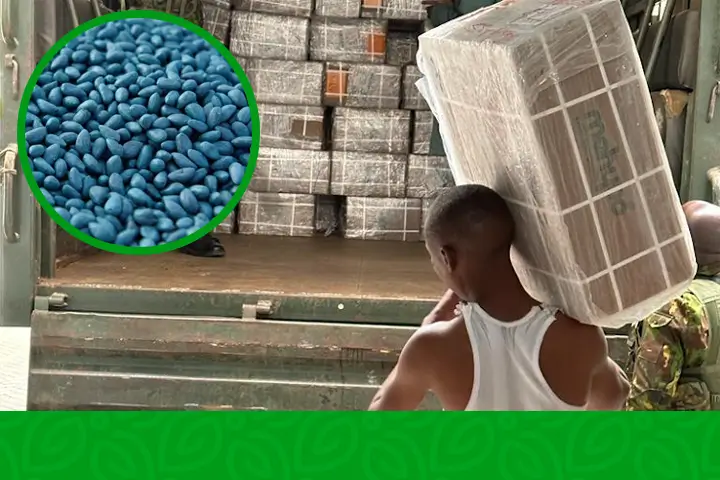
Kenya’s cotton farming sector is set to witness a promising resurgence as the government launches its plan to revive the industry. On Friday, the delivery of 17 tons of Bt Cotton to Busia marks the first step in the ambitious Kenya Kwanza initiative.
Busia County aims to cultivate a total of 11,253 acres of cotton in the initial phase, with a long-term goal of expanding cotton production to cover 42,000 acres in the region. The project has set a target of producing at least 800 kilograms of lint and cotton seed cake per acre, translating to a remarkable total of over nine million kilos: three million kilos of lint and six million kilos of cotton seed cake.
As part of the initiative, 82,000 bags of fertilizer have already been delivered to the Malaba National Cereals and Produce Board (NCPB) depot, awaiting distribution to farmers.
The Bt cotton seed being distributed through e-vouchers is a genetically modified hybrid variety. There are two types of hybrid cotton—normal and Bt. Compared to conventional seeds, hybrid cotton offers higher profitability, with one acre of hybrid seed yielding 1,500 kilograms of cotton.
The government’s commitment to supporting cotton farmers is evident, as evidenced by the registration of 12,000 Kenyans as cotton farmers on the Kiamis platform. Agriculture Cabinet Secretary Mithika Linturi assured Parliament of their efforts to secure more seeds for distribution, with plans to obtain sufficient seed quantities within the next two to three months through partnerships.
Additionally, the government intends to recruit agricultural extension officers to collaborate with farmers, thereby enhancing productivity per acre and ensuring the success of the cotton revival initiative.
The importance of the cotton sector is emphasized by its allocation in the national budget, with Sh49 billion allocated to Agriculture, of which Sh46 billion goes towards crop development, including Sh120 million for cotton production.
Last year, the government produced 15,000 tonnes of cotton, and with the ambitious plan in place, they aim to triple this production figure in the current year.
The revival of Bt cotton presents a significant milestone for Kenya, as it was the first genetically modified (GM) crop to receive approval for field cultivation in 2020 after the 10-year ban on genetically modified crops was lifted by President William Ruto and his cabinet on October 4, 2022.
The positive impact of this initiative extends beyond mere cotton production. Lang’ata MP Phelix Odiwuor expressed appreciation for the government’s plan, highlighting the potential revival of the Homa Bay cotton ginnery and the resurgence of Kikomi, one of the region’s major textile companies.
With the government’s dedicated efforts and investments in cotton farming, there is renewed hope for cotton farmers in Kenya. The delivery of Bt seeds signifies a significant step towards revitalizing the cotton industry, boosting economic growth, and fostering the country’s agricultural development. As the cotton sector thrives, it will create numerous opportunities for farmers and contribute to the overall advancement of the nation’s agricultural landscape.
Stay updated with the latest farming tips and agriculture industry news from Africa by subscribing to our newsletter. Don’t miss out on valuable insights and updates. Follow us on Twitter, LinkedIn, and Facebook to join our farming community and stay connected with us.



















